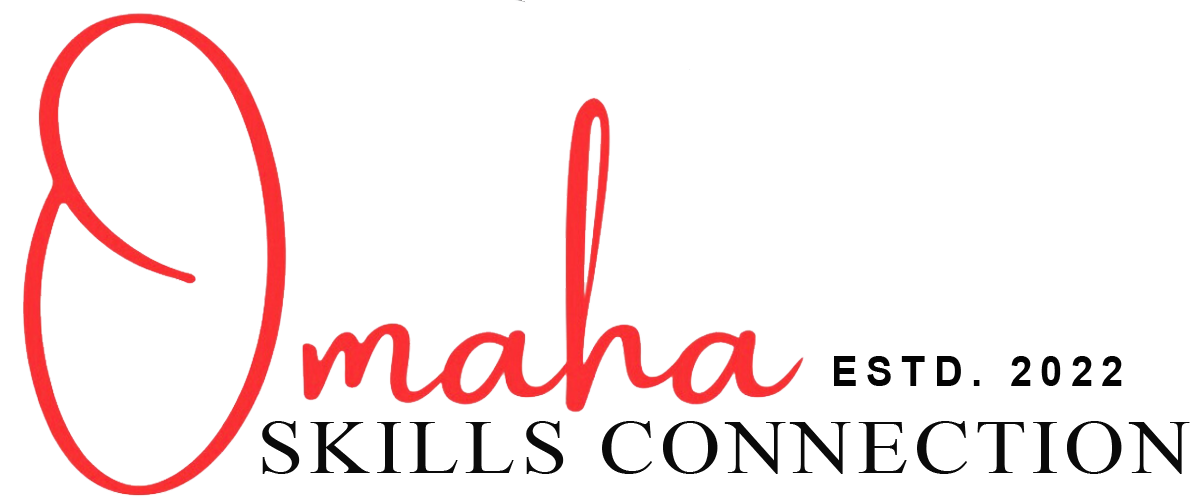 By: A student at the University of Nebraska at Omaha, as part of Heather Nelson’s Service Learning class.
By: A student at the University of Nebraska at Omaha, as part of Heather Nelson’s Service Learning class.
LinkedIn is most known as a tool for professionals to find new jobs and to network, but most recently it has been used by college students as a tool for professional development. Using LinkedIn as a college student can help you find internships and jobs, build your own network, and showcase your skills.
The first and most important step to creating your LinkedIn profile is to write a well-thought-out headline. The headline is most likely the first thing a recruiter will see, so it is important to make a good first impression and impact. Compared to someone who is a graduate student or someone with previous experience, a college student’s headline may look a little different. LinkedIn automatically generates a headline for you based on your current job and company, but it’s important to update it – things to include are who you are and what you want to do or are interested in as far as line of work. The last thing you should include in your headline is keywords tailored to your wants and needs. For example, if you are specifically looking for an internship, it would be important to include that in the headline so recruiters searching for interns can find you more easily.
The next important step of using LinkedIn as a college student is to network with others. Not only can you connect with friends, family, and peers, but you can also connect with professionals who would be willing to connect you with others who align with your career goals. Asking for recommendations from professionals you know will allow them to validate your skills and experiences, which will provide a good name for you.
References
Shorelight, Neal Schaffer, Rahulogy
# OmahaSkills Connection #LinkedIn, #CollegeStudents, #LinkedInCollegeStudents
About Omaha Skills Connection:
Omaha Skills Connection is a 501c3 non-profit organization located in Omaha, Nebraska
established as a result of the post pandemic era to help bridge the skills gap between
education, technology and today’s workforce. Omaha needs an educated, flexible and dynamic
workforce in today’s knowledge-based economy. OSC connects talent to opportunity,
modernizing employee development for today’s workforce.
